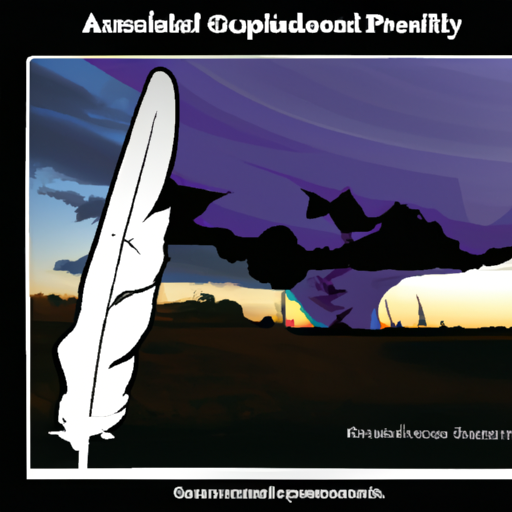A Closer Look at the Devastating Impact of the Opioid Crisis in Alberta’s First Nations’ Communities
Canada continues to grapple with the escalating opioid crisis spreading rampantly across the nation, with Alberta’s First Nations’ communities being hit with an unequal and alarming burden. According to a stark report featured on Global News, Indigenous communities in the province are being affected at a rate three times higher than the rest of the province. Such disproportionality calls for an inclusive and culturally appropriate response to the opioid crisis in Canada.
Disproportionate Burden on Alberta’s First Nations
As per the Alberta government, between January and November 2019, there were 119 apparent unintentional opioid-related deaths within the province’s First Nations reserves. With an opioid-related death rate almost three times higher in Alberta’s Indigenous reserves, the manifestation of this devastating crisis is strikingly devastating within these communities.
Marginalized populations, such those living in homelessness, are at a greater risk of exposure to opioids, often a result of a higher incidence of physical and mental health challenges compounded by the lack of social supports. The opioid crisis has consequently led to drastic rises in transient populations, crime rates, and mental health issues in these communities.
Addressing the Crisis
The opioid crisis demands a comprehensive response, and several efforts have already been initiated. An important step has been the provision of naloxone kits, a life-saving measure to reverse opioid overdoses. In Alberta, these kits have become increasingly available in public places, turning ordinary citizens into potential life-savers.
Key Points
- Alberta’s First Nations’ communities are experiencing an opioid-related death rate almost three times higher than the rest of the province.
- The opioid crisis is resulting in high rates of homelessness, crime, and mental health issues in these communities.
- Naloxone kits, used to reverse opioid overdoses, are being made widely available.
- The opioid crisis has sparked a nationwide opioid class action, seeking to hold pharmaceutical companies accountable for their role in perpetuating the crisis.
Legal Proceedings: The Opioid Class Action
Efforts to address the crisis have also taken a legal route. A nationwide opioid class action has been initiated to hold pharmaceutical companies accountable for their role in the opioid crisis. Several provinces and territories, including Alberta, have announced their intention to join the proceedings, a reflection of the widespread determination to combat this epidemic.
Moving Forward: A Call to Action
Mitigating the adverse effects of the opioid crisis requires a comprehensive approach. Healthcare services need to include culturally sensitive and trauma-informed care, considering the unique experiences of these marginalized communities. Implementation of harm reduction strategies, like supervised consumption sites, are crucial and proven to save lives. By combining harm reduction, healthcare services, legal action, and increased public awareness, Canada can create an effective and comprehensive approach to the crisis.
Conclusion
In conclusion, while the opioid crisis is a nationwide issue, its devastating impact runs deeper within Alberta’s First Nations’ communities. Recognizing this disproportionality is a key step in formulating and implementing a more inclusive solution. Marginalized populations should be granted equipped resources, effective healthcare services, and necessary support systems as we collectively work towards managing the crisis. Through efforts such as naloxone distribution and opioid class actions, there is a glimmer of hope that we can stem the opioid tide in these vulnerable communities.


